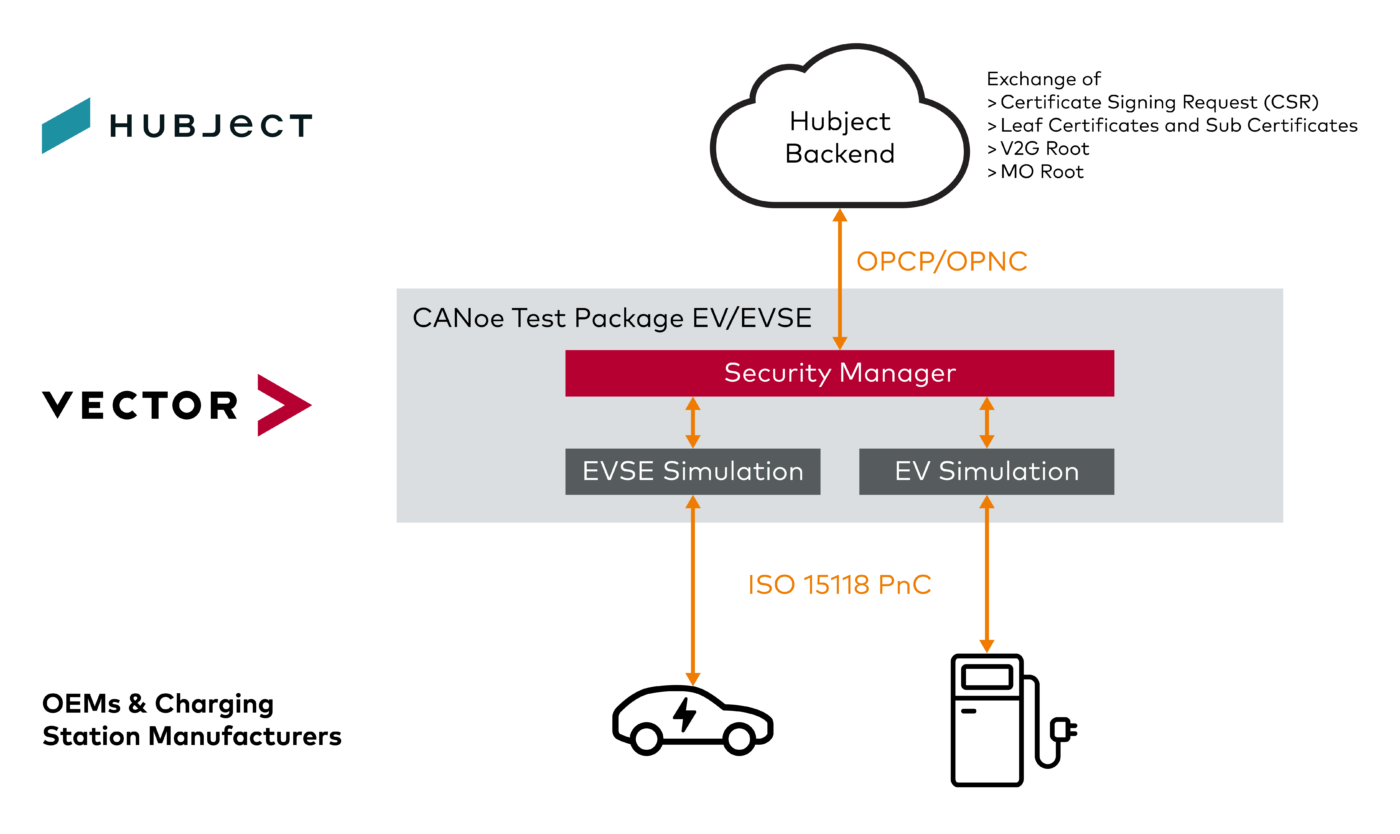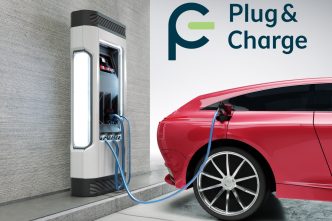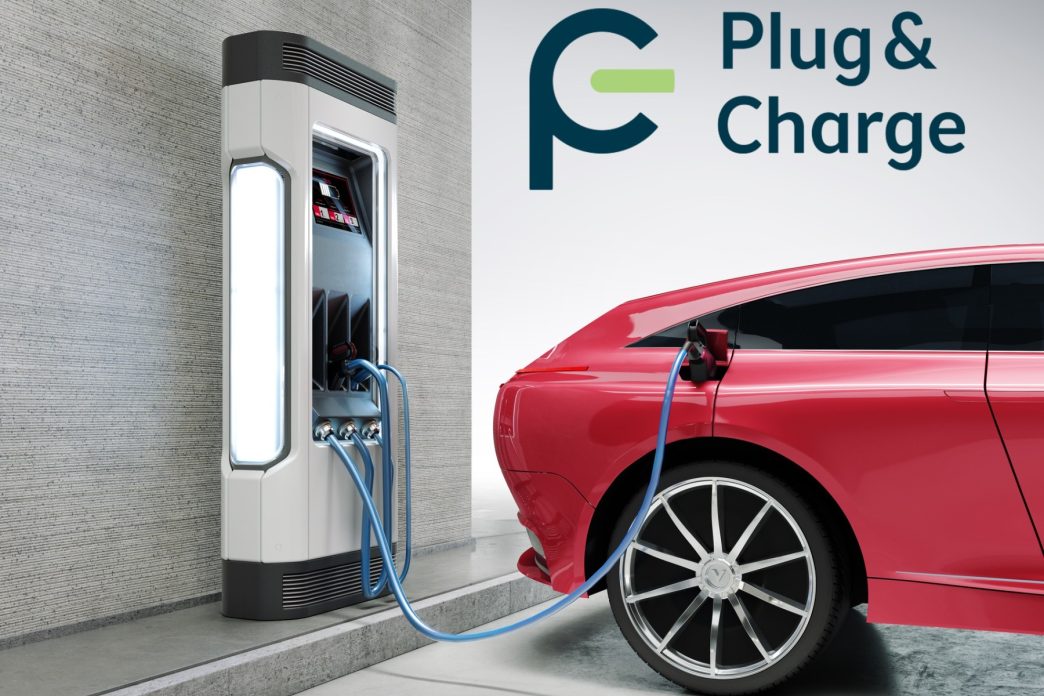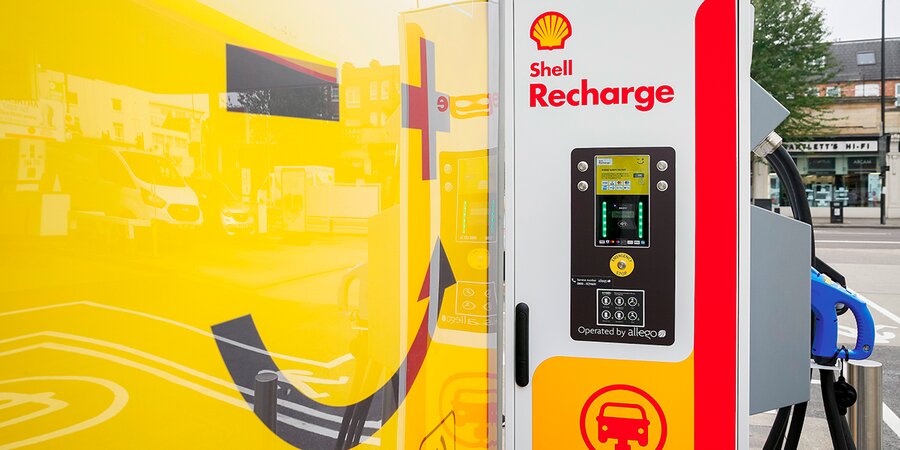German software company Vector has partnered with Hubject to enhance the development of Plug & Charge technology, a key advancement in electric vehicle (EV) charging.
The collaboration aims to streamline certification processes for Original Equipment Manufacturers (OEMs) and charging station manufacturers by enabling the acquisition of Hubject’s QA (Pre-Production) and Production Certificates via the Vector Security Manager.
This integration will support the standardization of security functions, making it easier to ensure compliance with the ISO 15118 standard for bidirectional communication between EVs and chargers.
Phanuel Hieber, Product Manager at Vector, expressed excitement about the partnership, stating, “Through this collaboration, we are excited to push the boundaries of Plug & Charge technology.” The initiative is designed to provide OEMs and charging station equipment manufacturers with the tools necessary to guarantee that both electric vehicles and charging stations are fully compatible and ready for future advancements in the sector.

In addition to the Plug & Charge focus, Vector also announced a milestone in the development of the Open Charge Point Protocol (OCPP). Its software solution, vCharM, became one of the first Charging Station Management Systems (CSMS) to successfully test OCPP 2.1, a key protocol for standardized communication between EV chargers and CSMS.
The tests, conducted at the Plugfest organized by the Open Charge Alliance (OCA) in Stuttgart, Germany, confirmed the protocol’s ability to support bidirectional charging, dynamic tariffs, and real-time cost transparency. By implementing OCPP 2.1 in vCharM, charging station operators can improve operational efficiency, reduce costs, and enhance the reliability and sustainability of EV charging systems.
Omar Hasan, Project Manager at Hubject, emphasized the significance of the partnership, stating, “This collaboration will empower OEMs and EVSE manufacturers to accelerate Plug & Charge integration, ensuring that the future of electric mobility is both efficient and reliable.” The OCPP 2.1 implementation also aims to support “grid-friendly” charging solutions, which help avoid peak loads and encourage the use of renewable energy sources to stabilize the electricity grid.








